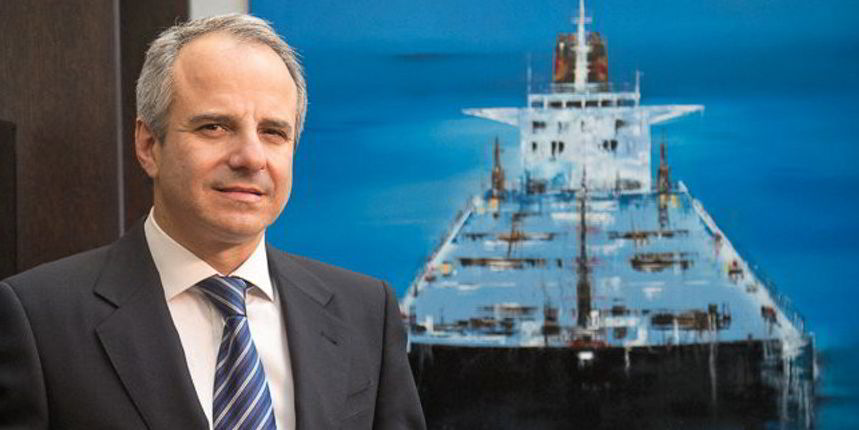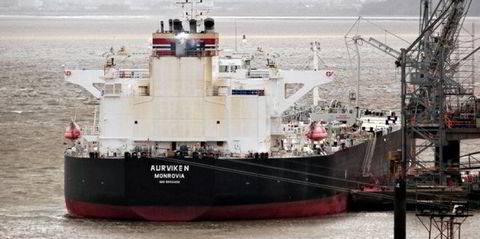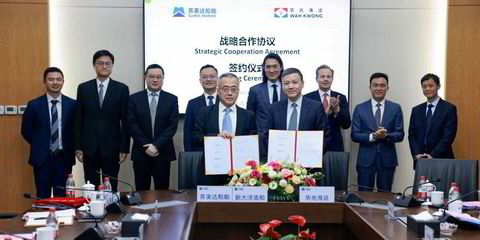London-listed Tufton Oceanic Assets is predicting more increases in secondhand tanker and bulker prices this year.
The shipping fund believes there is further upside to asset values “due to limited shipyard capacity for new deliveries and tighter environmental regulations which increase newbuild prices”.
Chemical tankers will benefit from strong supply-side fundamentals and the tight product tanker market, the company said.
And Tufton is forecasting better bulker rates from the second quarter, aided by the easing of Covid-related restrictions in China and strong supply-side fundamentals.
The average charter length for its dry cargo carriers was 0.3 years at the end of 2022.
“We expect the improving bulker market will offer opportunities to employ our bulkers on charters at higher rates than at the end of the financial period,” Tufton said.
“The company is well positioned to benefit from the ongoing strength in the product tanker and chemical tanker markets and the expected improvement in the bulker market,” it added.
Operating profit in the six months to 31 December was $27m, up from $17.4m a year ago.
Revenue grew to $57m against $48.5m.
Last boxship gone
The owner benefited from a larger bulker fleet and higher time charter rates.
Earlier this year, the owner exited the boxship sector with the sale of its last sub-panamax.
The 2,546-teu Sealand Guayaquil (built 2009) went for $13m to an unknown Greek owner.
Net asset value at the end of the second half of 2022 was $431.6m, down from $447.5m on 30 June.
The NAV total return was negatively impacted at -0.6% by unrealised losses in bulkers and the remaining container ship.
The return figure for the whole of 2022 was 7.7%.
There was a loss of $16.5m in charter-free values as the bulker and container ship markets weakened during the financial period.
The company’s operating emissions intensity, as measured by the Energy Efficiency
Operational Indicator, improved by 34% year on year in 2022, as more efficient vessels were brought in.
Tufton is also aiming to minimise coal carriage on the company’s vessels without any negative financial impact.
During 2022, only one bulker shipped coal, accounting for less than 2% of the total cargo carried by its dry fleet.






